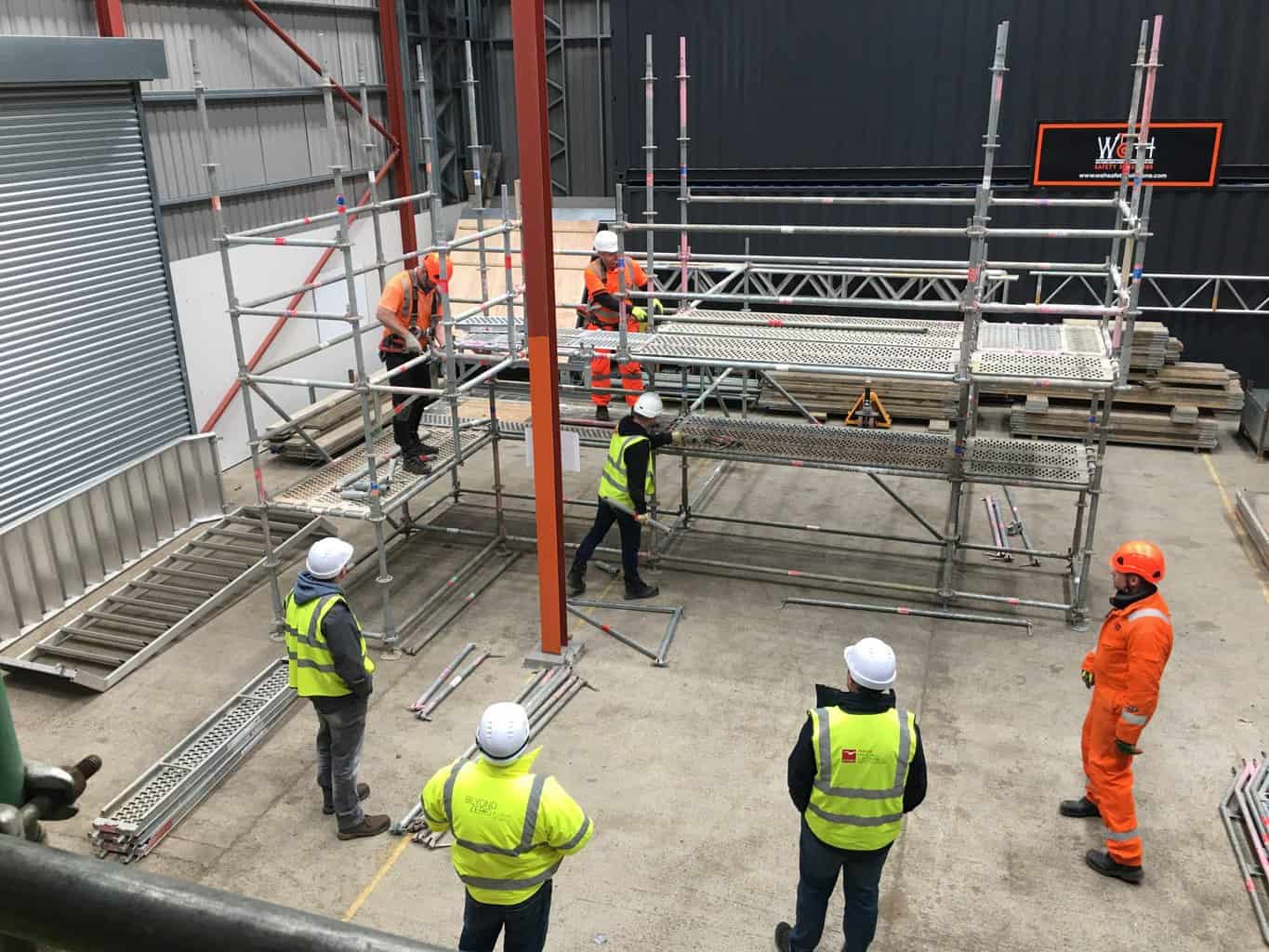The National Access & Scaffolding Confederation (NASC) has taken a big step towards becoming a greener organisation by virtually running its Spring Regional Meetings.
The five meetings, held over Zoom webinars, allowed 300 people to avoid journeys that would have increased carbon emissions, including the NASC staff travelling to locations across the UK. The move aligns with one of the new President, David Brown’s presidential objectives, sustainability.
The virtual meetings also provided the opportunity for NASC’s President David Brown and Acting Managing Director Dave Mosley to attend all five meetings and engage with regional issues through live webinar Q&A sessions.
In addition, the meetings included presentations on mental health awareness and support and the Chrysalis Programme, which aims to help prisoners change attitudes and consider a career in scaffolding.
The meetings also included updates from the NASC Standing Committees, which cover areas including ASITO training, membership and compliance, health and safety, technical, marketing and current affairs, contracts, hire, sales and manufacturing and the ePortal. The standing committee reports also included the launch of the NASC SE1:22 ‘Becoming Net Zero Carbon’ guidance note on the ePortal, with more guidance set to follow in 2023.
Member polls were also conducted during the meetings, and arrangements for the 2023 NASC Awards and Ball were discussed, along with plans for the next round of face-to-face regional meetings.
Acting NASC Managing Director, Dave Mosley, said: “These virtual meetings have been a great success, saving our busy team and the members lots of time, as well as radically reducing the organisation’s carbon footprint. To strike a good balance, the NASC Autumn Regional meetings will remain on location and in person, but this is a good step in the right direction towards greater sustainability.”
NASC President, David Brown, added: “The decision to hold the Spring regionals virtually is one of those small steps towards improving the organisation and membership’s sustainability. The carbon emissions saving has also contributed to a significant cost and time saving, for NASC staff and members alike. These are little wins in the big picture, but wins nonetheless. And it all helps in our mission towards net zero.”




